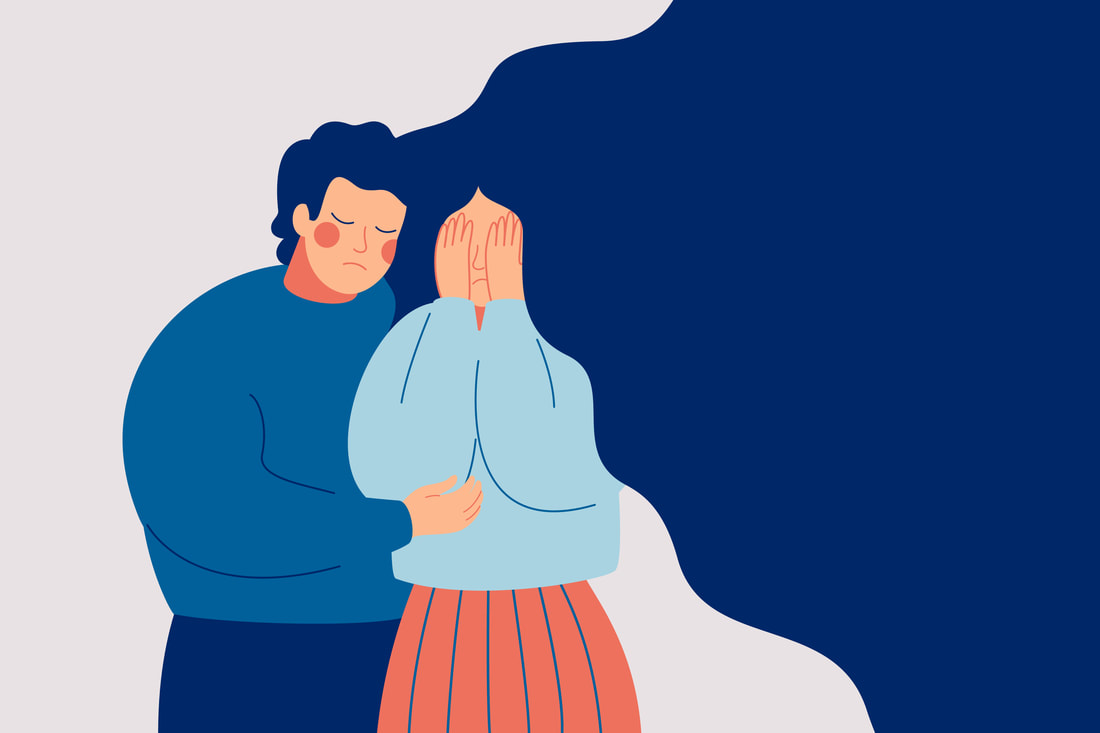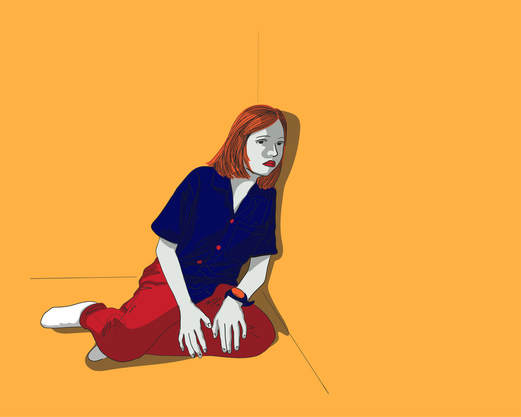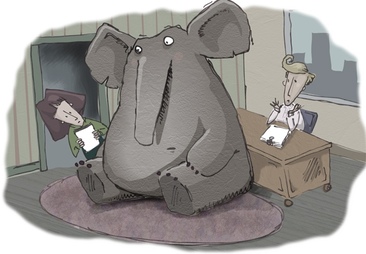In last month’s article in this Exploring Mental Health series, we looked at anxiety. This month, we’re exploring grief and loss. Grief is a very normal reaction to a loss, and for this reason it isn’t a mental illness. But it is something that affects our mental wellbeing in a wide variety of ways. In this article, we explore how grief can affect you, and how to cope after a loss.
Different types of loss
Loss is something we all experience at some point during our lives. This can come in many different forms, including:
- Death of a person or pet
- Divorce or relationship break down
- Ill health or injury
- Pregnancy, miscarriage or stillbirth
- Sexual difficulties or changes to your sex life
- Menopause or physical body changes
- Redundancy, unemployment or closure of a business
- Retirement
- Changing job
- Moving house or school
- Finishing school or university
- Bankruptcy or change in financial position
- Repossession of house
- Children leaving home
- Imprisonment
How grief can affect you
How you experience grief following a loss is something that’s individual to each of us, but the symptoms are far broader than feeling sad and upset. Grief can affect you:
- Emotionally – e.g. numbness, shock, disbelief, fear, panic, hopelessness, worry, sadness, helplessness, loneliness, anger, guilt, yearning, resentment, relief
- Behaviourally – e.g. sleeplessness, having dreams/nightmares, loss of appetite, absent mindedness, crying, hyperactivity, avoidance of places or people, increase in or development of addictions, risk taking
- Physically – e.g. tightness in chest, breathlessness, pain (this may replicate the place of pain in the person who died), lack of energy, dry mouth, hollowness in stomach, lump in throat, oversensitivity to light, noise or smells
- Cognitively – e.g. disbelief, confusion, hallucinations, sensing the deceased’s presence, preoccupation (with tasks, the person who died, the circumstances contributing to the loss etc.), questioning the loss or yourself (including questioning your identity)
- Spiritually – e.g. loss/discovery of faith or religion, questioning of previously held beliefs, resumption/renewal of former beliefs
- Socially – e.g. loss/gain of friendships or social groups, change in role and identity, loss/gain of social status
- Practically – e.g. change in financial position, change in living arrangements, change in work, change in routines
You may experience some or most of these symptoms, to varying degrees.
How grief affects you can depend on:
- The type of loss you experience
- How expected/unexpected the loss was
- Previous experiences of loss
- Your physical/mental health
- Your support network (e.g. friends, family, colleagues)
- Your social, cultural and ethnic background
How to cope after a loss
There’s no quick way to get through the grief process. It takes time, and it’s not uncommon to still be experiencing symptoms of grief two to three years after a loss. To cope, it can be helpful to:
- Allow yourself to be upset – it’s ok to be sad, for many months and years after a loss. Your emotions may come in waves, so if there are times when you feel less sad than others, that’s ok too – it doesn’t mean you’ve moved on or forgotten
- Stop putting pressure on yourself – there’s no right or wrong way to move through the grief process, so try not to judge or criticise yourself. Ignore any expectations that come from others about how you should or shouldn’t be feeling; just do what feels right for you
- Take one day at a time – looking ahead and picturing the future can seem impossible, and leave you feeling empty or panicky. Focus on one day at a time, and set yourself small, achievable goals. Put aside any larger, more overwhelming decisions until you’re ready to make them
- Talk to others – talking about the loss and how you’re coping can help to reduce isolation and give you support. You might want to talk to friends, family, online forums, support groups or to a therapist
- Find outlets for your feelings – this might be through doing something creative, such as music, art or writing; or through doing physical activities
- Look after yourself – looking after yourself physically can seem unimportant following a loss, but it’s a vital part of helping you cope. Eating well and getting enough sleep can be challenging, but they can make a big difference to your overall wellbeing
- Avoid drugs and alcohol – using these to numb the pain of a loss won’t help in the longer term, and can stop you finding more positive coping methods. If you need help managing your drug or alcohol use, make an appointment to see your GP who will be able to refer you to local support services
- Learn your triggers – keep a note of things that negatively affect your mood and how you’re coping. Once you know what these triggers are, you can begin to work out what things help you manage them, e.g. having an activity planned for a particular time of day, or seeing a therapist for a couple of weeks/months at particular times of the year
- Make a memory box – this can be filled with things that remind you of the person who died (e.g. photos, letters, books, albums, recipes, clothing, keepsakes, perfume/aftershave etc.), and can be something you get out and look at whenever you want to feel close to them
- Create a memorial space – this may be a grave or place where ashes are interred, or it may be a plaque in a special place. Alternatively, you may want to buy a plant or tree for the garden, or have a social space online, such as a Facebook memorial page. Whatever it is, the space can be somewhere you go to think about the person who died, connect with them, and to share memories of them with others
When to get further support
Sometimes, the experience of grief can be too difficult to manage on your own, and you may need additional support. This might be due to:
- The nature of the loss (e.g. if it’s an unexpected or violent death)
- Past experiences or traumas that re-emerge following a loss
- Existing physical or mental illnesses
- Social isolation or lack of a support network
- Other major life stressors (e.g. financial difficulties or having dependents to care for)
You might benefit from further support if:
- You’re feeling overwhelmed by your emotions or daily life
- The intensity of your emotions isn’t improving or is worsening with time
- Your relationships are being affected
- You’re not sleeping
- You’re having sexual problems
- You’re having symptoms of depression or anxiety
- Your physical health is being affected
If any of these sound familiar, the first step is to speak to your GP. They can give you details of support groups or organisations; refer you to a counsellor; or prescribe medication, where relevant. You could also contact support organisations, such as Cruse Bereavement Support who have a free national helpline as well as local bereavement services throughout England, Wales and Northern Ireland.
If you’ve experienced a loss and would like some counselling support, get in touch to make an appointment.





 RSS Feed
RSS Feed